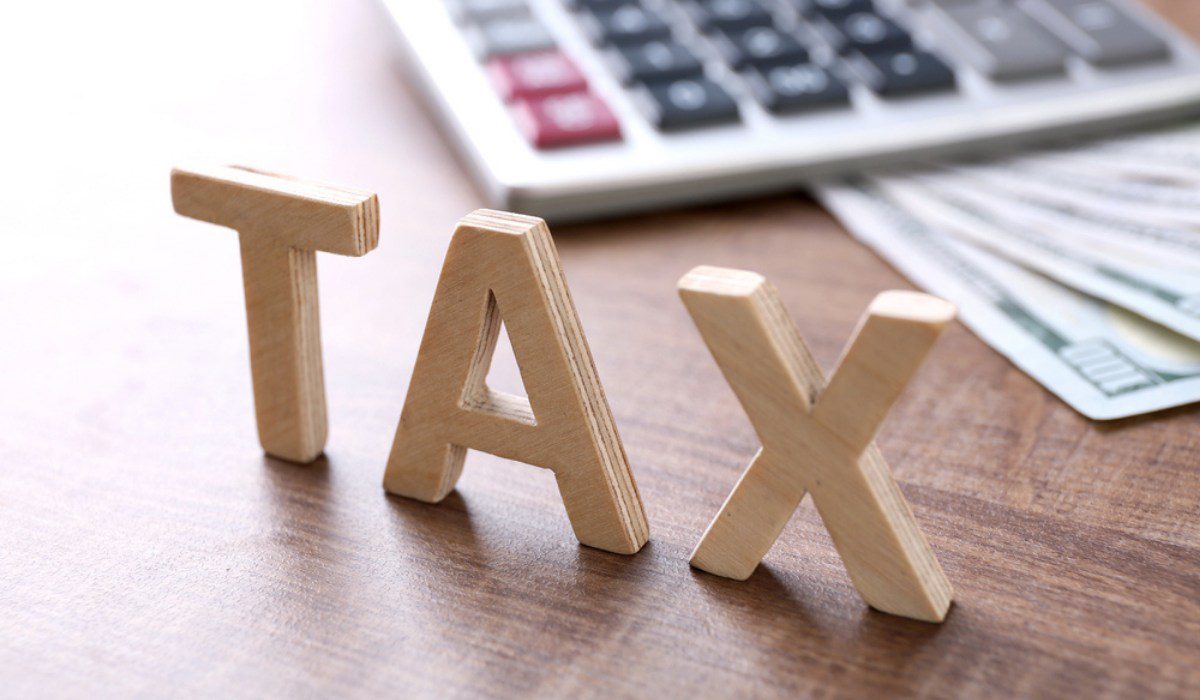Business
The Airtime Tax Tangle: What South Africa’s VAT Changes Mean for Your Mobile Wallet

Picture this: you’re gearing up for a trip overseas, browsing roaming options on your phone, and you spot an app offering an eSIM with international data. It’s a bit pricey but saves you time at the airport. You pay, download, and move on with your day. What you may not realise is that behind the scenes, that airtime purchase just stirred up a tax tug-of-war between countries.
And that’s precisely the headache South Africa’s National Treasury is trying to fix.
Clearing the Confusion: Why Airtime Vouchers Are on the Tax Table
In July 2025, National Treasury released a set of proposed tax changes as part of the Draft Tax Bills. One hot topic? The way VAT is applied to airtime and telecommunications vouchers, especially when foreign service providers are involved.
At the centre of the issue is a grey area in South African tax law. When a global telecom company sells airtime or data for use outside South Africa but processes that sale within the country, do they owe VAT to SARS?
According to Treasury, no, they shouldn’t. The new proposal aims to clarify that airtime sold by international providers for use outside South Africa is “out of scope” for local VAT. The only time VAT should apply is when a local distributor resells those services to customers in South Africa.
This may sound niche, but it could have major implications for anyone using apps like Airalo, Holafly, or Saily to buy roaming eSIMs while still sitting in their Sandton flat. These apps have become increasingly popular among travellers for the convenience of going online immediately after landing overseas.
Why the Change Matters: Double Tax and Digital Loopholes
The change isn’t just about legal semantics. It’s designed to reduce the risk of double taxation. Right now, foreign operators might end up paying VAT twice, once in South Africa and again in their home country. This has led to growing frustration among providers and unnecessary admin headaches for SARS.
Fixing this would also help streamline compliance. Rather than trying to monitor companies based in Europe, Asia, or the US, SARS can focus on local vendors who resell those services to South African consumers. It’s a simplification that benefits both sides.
What About Local Airtime? MTN’s VAT Dispute Still Lingers
While the Treasury’s proposal smooths over one corner of the tax confusion, it leaves another one wide open.
MTN previously went to court arguing that it was unfair to pay VAT upfront on multipurpose vouchers, those loaded onto a phone account without knowing what they’ll be used for. The issue: someone might buy airtime but use it for a zero-rated product like funeral insurance, groceries, or overseas roaming. That would mean VAT was charged unnecessarily at the point of sale.
The Supreme Court of Appeal dismissed MTN’s case and told the operator to take the standard route of disputing the tax through SARS’s usual channels. But critics, including PriceWaterhouseCoopers, say this was a missed opportunity to bring clarity to an increasingly complex space.
According to PwC, airtime works differently from traditional gift cards. If you buy a Pick n Pay grocery voucher, for example, VAT only gets calculated when you use it, and only on the taxable items you buy. Airtime, on the other hand, is treated like a direct purchase of a specific service, even when you haven’t used it yet.
What It Means for You
For everyday South Africans, especially those who travel or send airtime to loved ones abroad, the changes are more than just paperwork. If passed, they’ll help ensure you’re not indirectly paying tax twice for a service you never use on home soil.
For businesses, especially mobile networks and airtime vendors, it’s about fairness and predictability. Nobody wants to fall foul of tax law because the rules are unclear.
And for SARS? It’s one less international compliance battle to fight, allowing them to focus on real issues closer to home.
A Tax Law Catching Up With the Times
As more people rely on digital tools to stay connected across borders, it’s essential that tax laws evolve to match the way we live and communicate. Whether you’re a frequent flyer or just someone trying to make sense of your mobile bill, this change is a step towards transparency and consistency.
Now, all eyes are on public comments and whether this proposal will be passed into law before year-end.
Also read: Acsa Soars With Billion Rand Profit, Signalling South Africa’s Travel Rebound
Follow Joburg ETC on Facebook, Twitter, TikT
For more News in Johannesburg, visit joburgetc.com
Source: MyBroadband
Featured Image: Housing

















